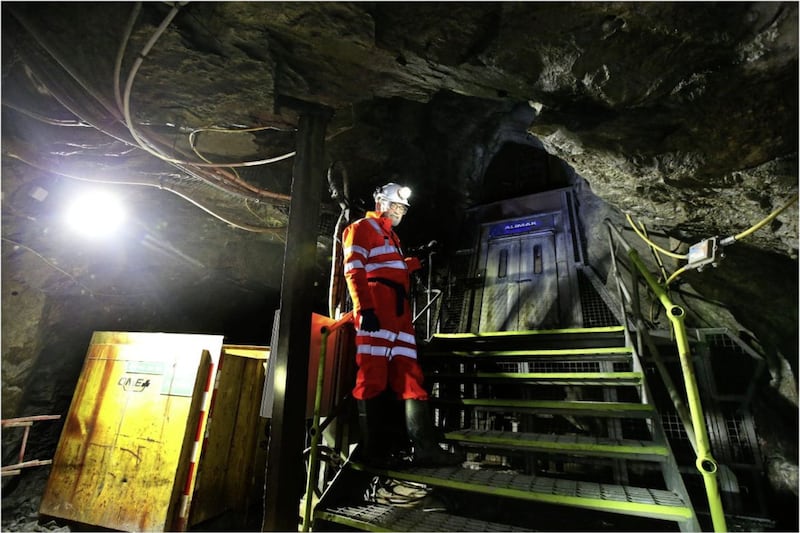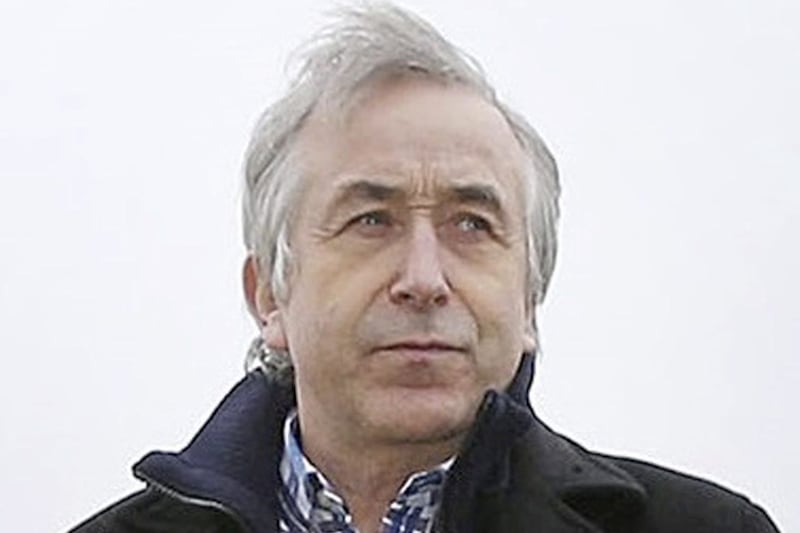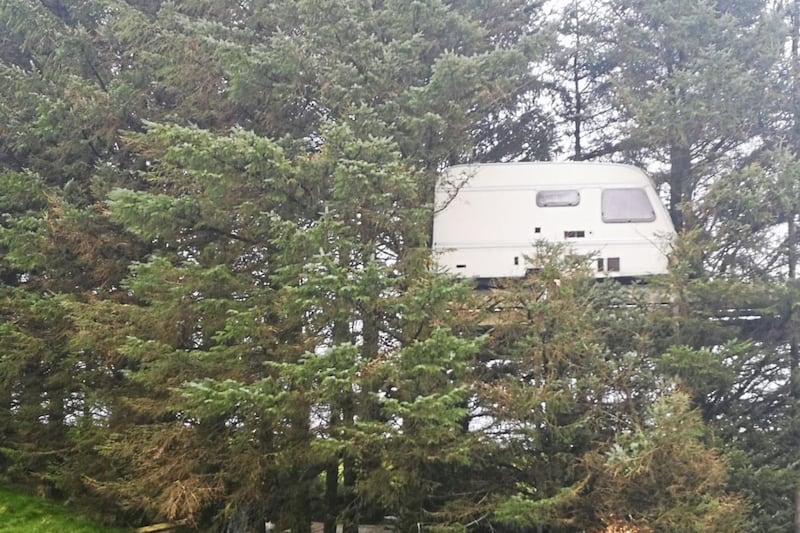A Stormont department took all necessary steps to deal with any environmental concerns over waste rock from a Co Tyrone goldmine extension, the High Court has heard.
As a legal challenge to the granting of planning permission for underground work at Cavanacaw near Omagh drew to a close, a judge was told efforts were made to ensure a monitoring regime was in place.
Local man William Donnelly is seeking to judicially review former environment minister Mark H Durkan's decision to approve the project in 2015.
In a wide-ranging attack, he contends that retrospective permission was granted for the removal of waste rock without an adequate environmental impact assessment.
But counsel for the department, Tim Mould QC, insisted: "There's ample evidence that the department (through) its advisers applied its mind carefully and pragmatically to the issues that were raised by the application."
Mining has been carried out at the site by Omagh Minerals, a subsidiary of Galantas Gold Corporation.
The plans under challenge involve underground work at the existing mine, with planning permission granted on the basis of compliance with strict environmental conditions.
At the time Mr Durkan said these would include progressive restoration of the above ground site to ensure the protection and enhancement of habitat over time.
Mr Donnelly, who said he has shares in the mining operation, claims there was an unauthorised removal of large quantities of rock.
Part of his case centres on the environmental impact and possible acidity of this waste rock.
However, Mr Mould responded yesterday: "Insofar as there were issues raised in relation to the residual risk that the rock and other mineral byproduct produced from this proposed underground mine operation might turn out to be more acidic then all the tests and available evidence suggested the technical advisers within the NIEA (Northern Ireland Environment Agency) did not close their minds to these risks.
"They did not simply leave the matter as reported by the applicant and its advisers, but introduced specific measures in the form of a monitoring regime which was imposed on the planning permission."
He added that existing regulatory arrangements ensured any risks would be managed, controlled and remedied.
The barrister argued that unless the judge decided it had acted in a perverse or unreasonable way then the challenge must fail.
He has also insisted work was already covered by previous planning approval obtained more than 20 years ago.
With all oral arguments now completed, Madam Justice McBride set a deadline of the end of next week for any further written submissions in the case.








